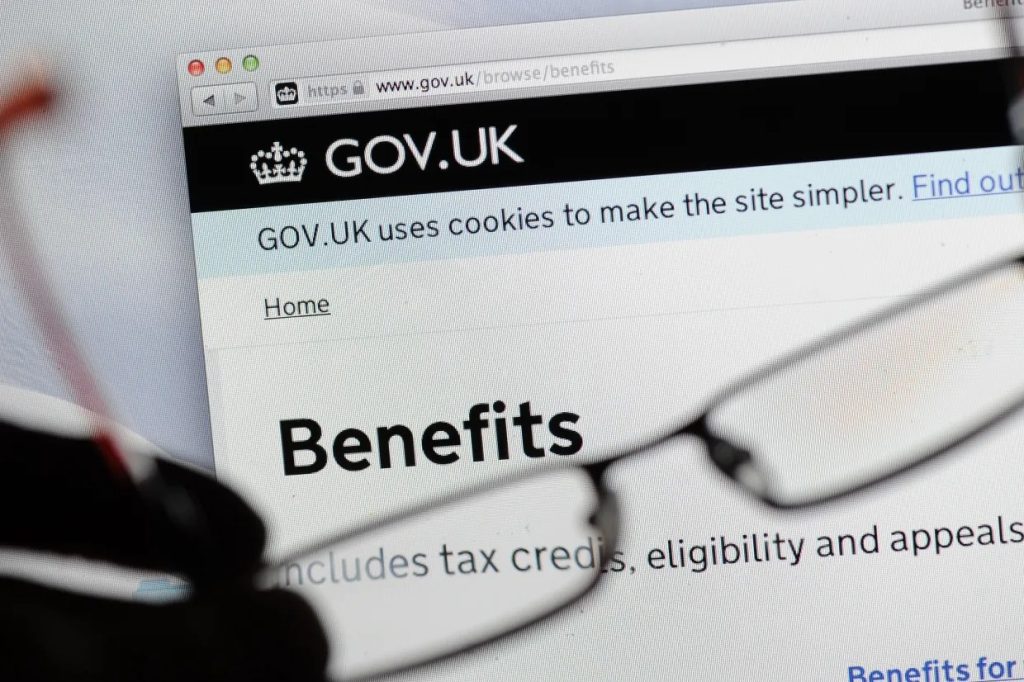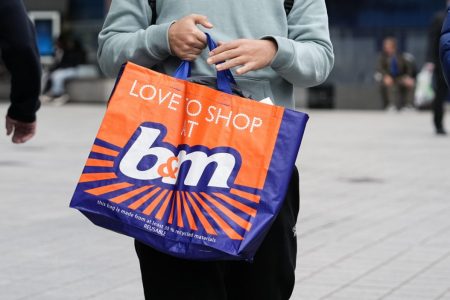The UK Department for Work and Pensions (DWP) has announced a significant delay in the implementation of a nationwide online application system for Personal Independence Payments (PIP), a benefit designed to assist individuals with long-term health conditions or disabilities. Initially slated for completion by the end of 2024, the full rollout is now projected to be several years away, leaving claimants reliant on the existing phone and postal application methods for the foreseeable future. This postponement comes at a time when the PIP system is already grappling with considerable strain, marked by lengthy processing times, a substantial backlog of reviews, and millions of pounds in delayed payments.
The current online application system is accessible to a very limited number of applicants per day in undisclosed locations across the country, serving as a pilot program before the intended nationwide expansion. The DWP had hoped the digital platform would streamline the application process, reduce decision-making time, and ultimately shorten the waiting period for claimants. However, with this delay, individuals will continue to face the existing challenges, including an average wait time of 20 weeks for new claims and even longer for reviews. As of September 2024, the median wait time for a DWP-initiated review was 252 to 290 days, depending on whether an assessment provider was involved. These delays contribute to a mounting backlog, estimated to involve hundreds of thousands of reviews and result in approximately £300 million in delayed payments.
PIP provides financial support to individuals over 16 and under state pension age who experience long-term difficulties with daily living or mobility due to a health condition or disability. The benefit is structured in two parts: a daily living component and a mobility component, each with two payment rates depending on the severity of the claimant’s needs. The maximum weekly payment a claimant can receive is £184.30, combining the highest rates of both components. Eligibility hinges on experiencing these difficulties for at least three months and expecting them to persist for at least nine months, with an exception for terminally ill individuals with less than 12 months to live. Claimants can receive PIP regardless of their employment status and even if they are already receiving other benefits like Limited Capability for Work and Work-Related Activity (LCWRA) payments.
The current application process, primarily phone-based or by post, involves multiple steps. Potential claimants are advised to first check their eligibility online before contacting the DWP. Phone applications begin with a call to the PIP new claims line, followed by the completion and return of a detailed form about the claimant’s condition. Postal applications involve sending a letter to the DWP, after which a similar form is sent to the claimant. In both cases, claimants typically receive a “How Your Disability Affects You” form within two weeks, which they must complete and return within a month, often including supporting documentation such as medical records. An assessment may be required if further information is needed.
The required information for the application includes personal details like contact information, date of birth, National Insurance number, bank details, and medical professional’s information. Additionally, claimants need to provide details about any time spent in care homes, hospitals, or abroad. This comprehensive information gathering process underscores the complexity of the application, further highlighting the potential benefits of a streamlined online system. A limited online eligibility checker exists, but it does not guarantee access to the online application process, which remains restricted.
Beyond the core financial support, PIP eligibility can unlock access to several additional benefits and discounts. These include potential reductions in council tax bills, depending on the location and the amount of PIP received. Claimants can also use their PIP award letter to apply for a blue badge, which provides parking concessions, although some councils may charge a small fee. Depending on the specific disability and circumstances, PIP recipients may also qualify for vehicle tax exemption and free NHS prescriptions. These supplementary benefits can significantly alleviate the financial burden associated with long-term health conditions and disabilities, providing valuable support beyond the direct PIP payments. The delayed rollout of the online application system underscores the urgent need for modernization within the DWP to better serve the needs of claimants and improve the overall efficiency and accessibility of vital support programs like PIP.











